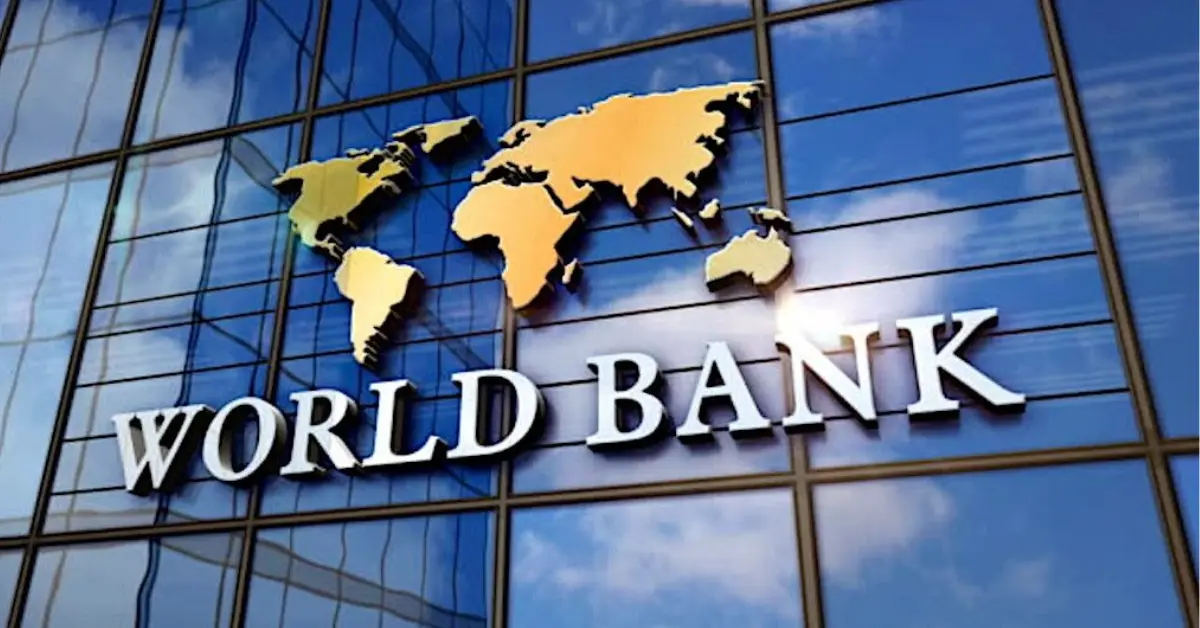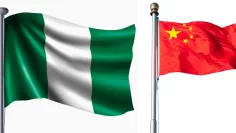
Economy: World Bank warns CBN against controlling Forex, direct lending, subsidy program
AFRICA, Oct. 5 – The World Bank on Wednesday advised the Central Banks of Nigeria, Ethiopia, and Uganda to refrain from unconventional measures that might undermine their monetary policies.
According to the Washington Bank, these measures include “monetizing the fiscal deficit, direct lending interventions, untargeted subsidy programs, and foreign exchange controls.”
The lender emphasized the critical challenge of inflation faced by monetary authorities in the region, particularly in countries struggling with “underdeveloped financial systems, a substantial informal sector, and a lack of coordination between monetary and fiscal policies.”
The organization highlighted the potential consequences, stating, “If monetary and fiscal actions are not adequately coordinated to bring down inflation, the risk of de-anchoring inflation expectations would fuel further inflation, accelerate interest rate increases, and exacerbate the deceleration of economic activity.”
In its Africa’s Pulse report, the World Bank underscored the persistent inflationary challenges faced by most regional countries.
Africa’s Pulse is a bi-annual publication of the Office of the Chief Economist in the World Bank Africa Region. It analyses the continent’s short-term economic prospects, current development challenges, and a special development topic.
The 2023 edition of the report attributed the inflationary challenges to several factors, including “a global demand slowdown, eased supply chain disruptions, lower commodity prices, and stricter monetary policies.”
Despite a projected decrease to 7.3 percent in 2023 from 9.3 percent in 2022, 18 countries are still contending with double-digit inflation.
The report highlighted the impact on households, particularly the poor, who allocate a significant portion of their earnings to food, due to rising food and fuel costs and weakened domestic currencies.
Regarding fiscal matters, the report expressed concern over the slow progress of fiscal consolidation efforts in some countries. In 2023, fiscal deficits remain higher than pre-pandemic levels for nearly two-thirds of the region’s nations.
The World Bank stressed the urgency of addressing these issues, emphasizing the need for “domestic resource mobilization and efficient spending” to mitigate fiscal and debt sustainability risks, curb inflation, and create room for development expenditure.
The World Bank acknowledged the efforts of certain countries, such as Kenya and Ghana, in implementing revenue reforms, and Angola and Nigeria in subsidy reforms, signifying the region’s commitment to fiscal consolidation.
Additionally, the adoption of digital tools for tax administration and compliance has become a recent trend in the region.










